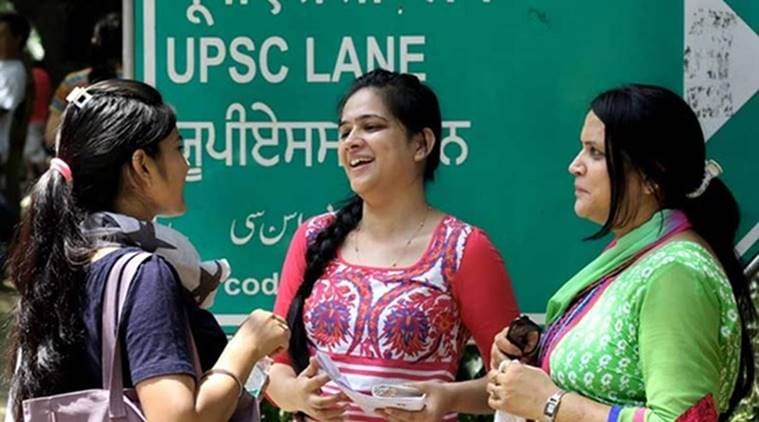Written by AglaSem | New Delhi |
Updated: August 11, 2020 4:27:44 pm
 Know what is difference between IAS and IFS exams. (Representational image)
Know what is difference between IAS and IFS exams. (Representational image)
The Indian Administrative Service (IAS) and Indian Forest Service (IFS) are exams for recruitment to the All India Services (AIS). Besides the Indian Police Services (IPS), these two are extremely sought after when it comes to bagging a top-level government job in India. All of these exams are conducted by the apex government recruitment agency — Union Public Service Commission. While there are similarities between the IAS and IFS recruitment exams, there are also marked differences existing between IAS and IFS recruitment.
At the very fundamental level, the civil services exam is conducted by the UPSC to fill up group A and B posts in the Indian Administrative Service departments. On the other hand, the forest service exam is for recruitment into the agencies that are engaged in the conservation and maintenance of the forest reserves as well as wildlife. IFS toppers hold important positions in state forest departments and similar agencies of the government that are entrusted with the responsibility of conservation and maintenance of forest reserves.
A huge difference is observable in the eligibility criteria for applying to the IAS and IFS examination. When it comes to the Indian Administrative Services, candidates having a degree in any discipline are eligible to apply as long as they are compliant with the other specified criterion. However, to apply for the forest services, a candidate must have a graduate degree in agriculture, forestry or engineering or one of the subjects among animal husbandry and veterinary science, chemistry, botany, geology, mathematics, physics, statistics and zoology in their respective graduate degree.
The next observable difference between the IAS and IFS examinations is the level of competitiveness. It is a common perception that cracking the IAS is the toughest feat to achieve. However, the level of competitiveness is actually higher in IFS. This is because the number of vacancies in the IFS has conventionally remained lower than the IAS leading to a large number of applicants left to compete for fewer positions when in case of IFS recruitment. For instance, the UPSC has announced 796 vacancies in IAS compared to 90 vacancies in IFS in 2020.
IN PICTURES | From model to COVID warrior, meet successful UPSC Civil Services candidates
Although the preliminary screening and shortlisting of candidates is done through a combined competitive examination, for both IAS and IFS, the Commission issues separate admit cards to the applicants. Now that candidates who receive such admits become eligible for the Prelims and subsequently for the Main exam, one can observe subtle differences in the pattern of the exam of IAS and IFS. For example, there are as many as 26 different options to choose from when it comes to the selection of optional subjects for the IAS Main examination. However, for the IFS Main examination, there are only 14 subject options to choose from.
The biggest differences between these two services become evident after the appointment of candidates who make it to the final merit list. IAS applicants can serve at the highest point of their career at the level of the cabinet secretary. Comparatively, candidates who are selected and appointed for IFS positions have the opportunity to rise up to the highest level of the chief of the department of forest of a state.
When it comes to the roles and responsibilities undertaken by an IAS officer and an IFS officer, remarkable differences can also be observed. An IFS officer’s key role is the enforcement of the National Forest Policy. On the other hand, an IAS officer is a full-fledged bureaucrat who engages in the enforcement of government policies and acts as an administrative authority.
📣 The Indian Express is now on Telegram. Click here to join our channel (@indianexpress) and stay updated with the latest headlines
For all the latest Jobs News, download Indian Express App.
© IE Online Media Services Pvt Ltd
Source link
